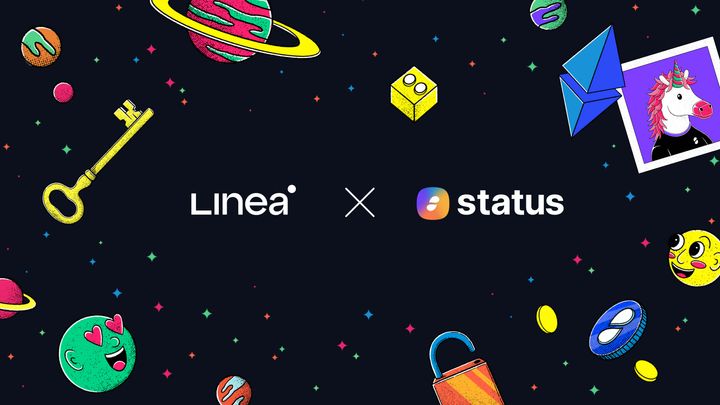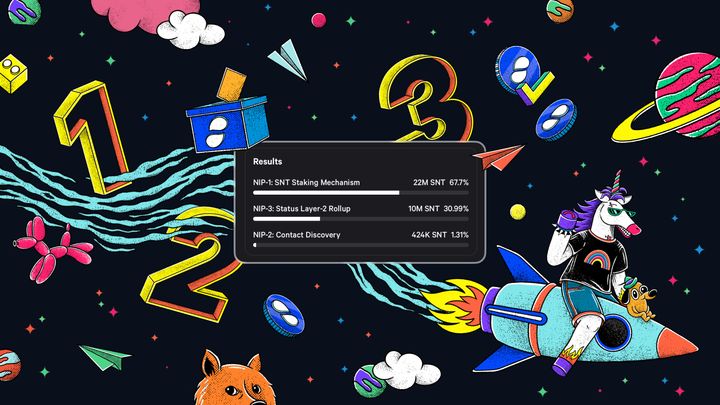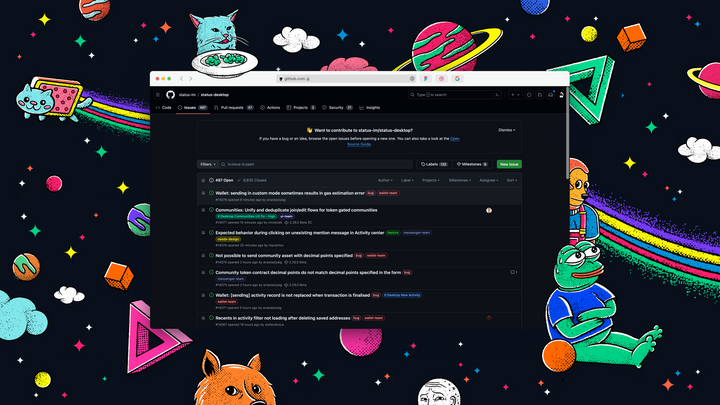
Status vs Telegram: Preserving Privacy for Crypto Users
Let’s look at how Status handles encryption, privacy, and more in comparison with Telegram.
Where the Status community shares long form articles, thoughts, and ideas.

Let’s look at how Status handles encryption, privacy, and more in comparison with Telegram.

Status v2.32 is now officially available for Status Mobile and Desktop.

2024 has been a year to remember for Status!

We are excited to announce that the latest version of the Status Mobile and Desktop apps, Status v2.31, has been officially released!

After years of development, Status Mobile and the latest beta version of the Status Desktop app are ready to try out!

We are excited to announce that Status has partnered with Linea to launch our zkEVM rollup solution – Status Network!

Announcing the development of an SNT staking mechanism and Status Network, our upcoming layer-2 rollup solution!

We just concluded the first SNT hodler vote, and the results have given us a lot to consider!

SNT hodlers – it’s time to make your voice heard in the first Status community vote!

We’re thrilled to declare that Status Mobile Beta is ready to go! Learn how to claim early access.

Learn about our plans for SNT, the new XP programme, and how to help choose which proposal we should work on first!

We're getting closer to the public release of Status Desktop. You can now download Status Desktop Beta 2.0!

We have some exciting announcements coming up (and a few ideas we’ll be revealing more details about soon!)

Status Desktop’s very first public beta preview release is finally here, and we can’t wait for you to try it!

Reporting a bug in Status Desktop is easy. This short guide explains the entire process from start to finish!